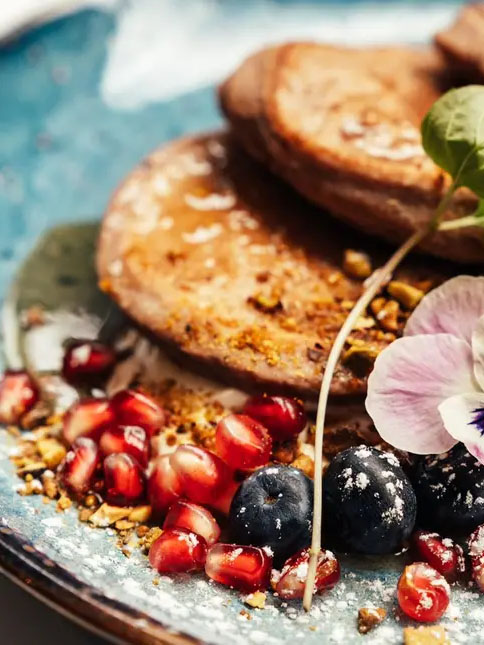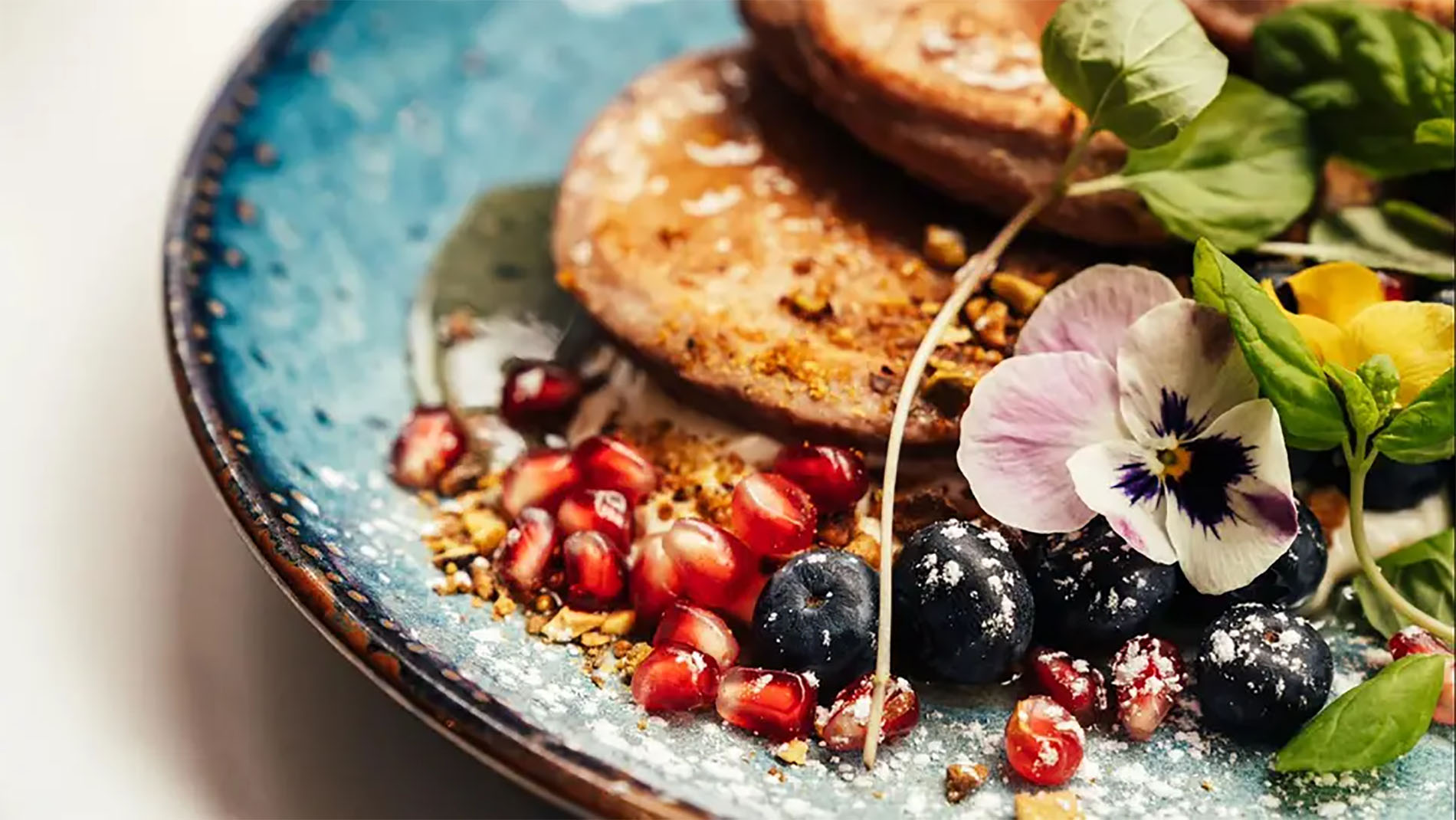"Veganism" is a healthy lifestyle.
In fact, many people believe that veganism is a somewhat restrictive diet, and that those who follow it miss out on many delicious dishes made from meat, eggs, and seafood. Some dishes are even local specialties with unique ways of enjoying them, such as foie gras, Brazilian steak, sashimi, or dim sum.
However, vegans believe that beyond the culinary experience, creating a positive impact on the planet and reducing the greenhouse effect is their top priority. They explore and create countless dishes from vegetables, grains, and fruits that are not only delicious but also beneficial for their mental and physical health. Beyond just food, vegans limit their use of cosmetics, fashion products that are tested on animals, animal-derived ingredients, and forms of entertainment that exploit animal labor.
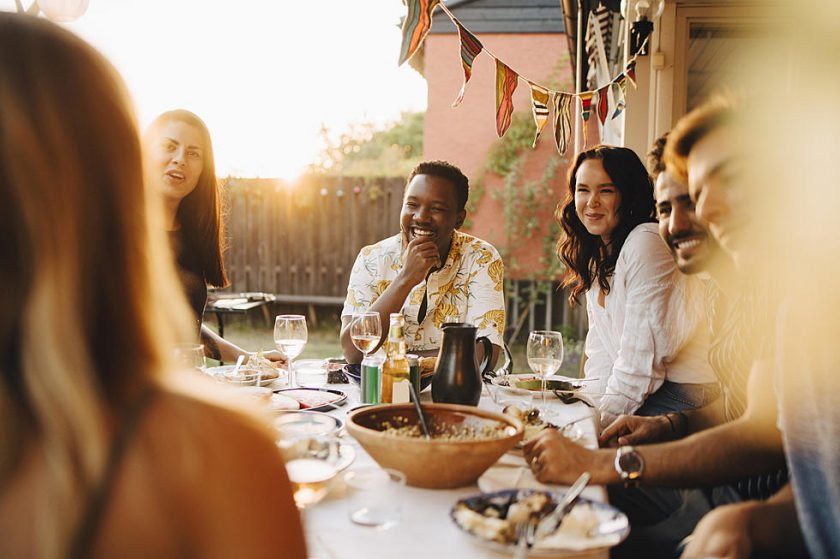
Many people choose a vegan lifestyle because of its health benefits and its friendliness to the natural environment.
In Asia, the vegan lifestyle, often based on religious practices, is even more pronounced, with hundreds of millions of Buddhist followers living there, most notably in Thailand, China, Laos, Bhutan, Tibet, and Vietnam. This is why vegan tourism and pilgrimages in these countries have long been closely intertwined and remain popular to this day.
Vegan tourism emerged amidst the prolonged Covid-19 pandemic.
Vegan-focused travel tours have become increasingly popular as the number of people adopting healthy eating habits has significantly increased in many countries. However, many vegans report encountering difficulties ranging from accommodation to a lack of suitable meal options and entertainment during their trips or vacations. Whether traveling domestically or internationally, language barriers and local cultural differences can exacerbate these problems.
Today, with the continuous occurrence of issues such as the Covid-19 pandemic, political unrest, economic recession, and extreme natural disasters, the perceptions and actions of tourists have been significantly impacted. Healthy respondents in a survey conducted by the charity Veganuary in July 2020 acknowledged the link between organic farming and the Covid-19 pandemic, which contributed to their decision to consume more vegan food. A large number of respondents viewed a vegan lifestyle as one of the top solutions for coping with external crises and underlying psychological issues.
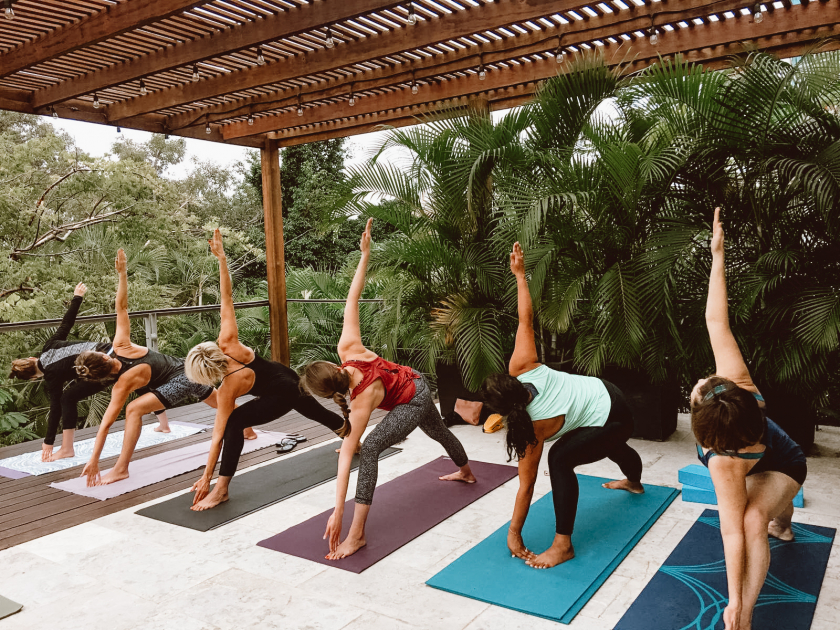
Vegan tourism is combined with many wellness experiences such as yoga, meditation, sightseeing, and stand-up paddleboarding (SUP).
According to forecasts, the vegan travel trend is poised for a new wave of growth as people begin traveling again. Simultaneously, the impetus from modern technology and digital advancements has opened up many favorable opportunities to promote vegan travel globally, through various social media platforms, news websites, and travel companies.
Veggie Hotels- The world's first vegan hotel association launched in 2011, providing a platform to connect vegans and travel providers worldwide. To date, Veggie Hotels is present in over 60 countries, offering comprehensive experiences ranging from cozy, vegan breakfasts in the mountains to stylish yoga sessions on the beach, as well as vegan workshops held in several ideal destinations. Furthermore,Veg VisitsIt also shares accommodation space for vegans traveling solo or in small groups. The platform includes many vegan homeowners worldwide who are willing to share their cultural knowledge and provide guidance on preparing local vegan dishes to travelers.
To provide an amazing travel experience, the travel companyVegan Surf CampWe specialize in providing customized travel packages and plans for vegan travelers, including hotel accommodations, restaurants, yoga classes, and surfing.Medical TravelThe number of bookings for their vegan vacations has more than doubled in recent years, specifically increasing by 120% from 2016 to 2019 and into early 2021. The remaining travel company...Vegan Real Food AdventuresIt is argued that during the Covid-19 pandemic, there was a surge in vegetarianism and an increase in the number of vegan tourists seeking tours to India, Thailand, and Italy.
A look back at the vegan travel trend in Vietnam.
Before the pandemic, Vietnamese travelers were already more interested in clean eating and great ways to maintain good health through vacations. The outbreak of the pandemic further fueled this desire, making a healthy lifestyle even more important to Vietnamese people. According to a Google report, by the end of 2020, the demand for "travel" and "healthcare" among Vietnamese users online increased by 78% and 50% respectively. Specifically within the health-related search category, users increased their browsing time by 62% for healthy eating options, including organic food, keto diets, and vegan diets, regardless of price increases. Simultaneously, they also began to show interest in travel programs focusing on secluded retreats, vegan dining and shopping, and engaging activities such as trekking, SUP paddling, meditation, and yoga.
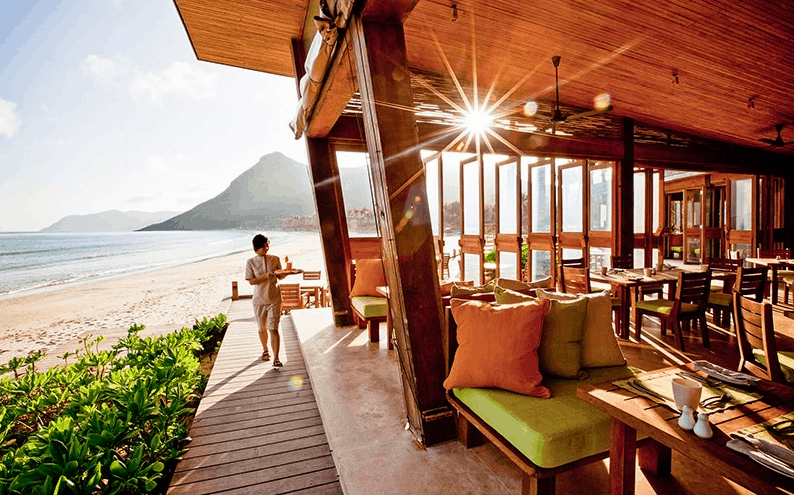
Inside an eco-friendly resort in Con Dao, Vietnam.
Alternatively, some destinations would be suitable choices for international tourists following a vegan lifestyle, such as Yen Tu, Northwest Vietnam, Con Dao, or Da Lat. However, beyond a menu of delicious vegan dishes or enjoying beach activities and mountain climbing at beautiful resorts, tourists need more than just a few accompanying services; they also need additional packages such as meditation, yoga, surfing, and even adventurous experiences led by guides who are also vegan and truly knowledgeable about the vegan lifestyle.
In mid-2021,Hum Vegetarian– A vegan restaurant in Saigon has made it onto Tripadvisor's list of the 25 Best Vegans in the World, ranking 10th. This can be seen as a positive sign of the growing domestic and international vegan tourist segment for Vietnam amidst the prolonged Covid-19 pandemic.

 VI
VI EN
EN



